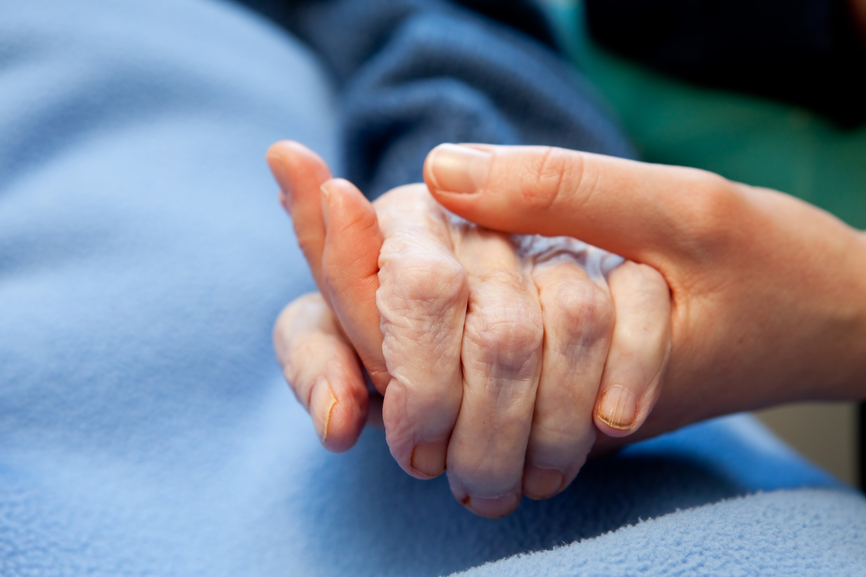D66 tightens checks in new version of ‘right to die’ legislation

Progressive liberal party D66 has tightened up the assessment criteria in its plans to regulate assisted dying in response to criticism from the Council of State.
The party has published a new form of its bill, which would allow people over 75 who do not meet the criteria for euthanasia, but have a “carefully considered” wish to die, to seek help to end their lives.
The bill would create a new profession of “end of life supporter”, who would have to have at least three conversations over a period of six months with the person making the request. They would have to be satisfied that the request was voluntary, properly thought through and stable.
The support worker would also be obliged to consult the patient’s family doctor on their medical situation and history. In previous versions of the draft law people were advised to speak to their doctor about their wish to die but it was not compulsory.
Anne-Marijke Podt, the MP, told Trouw newspaper that the issue was a sensitive one, but elderly people who felt their lives were complete should be treated with respect.
Dignity
Podt submitted the new bill to parliament on Monday and will attempt to steer it through the chamber if she retains her seat after the election. The 48-year-old is the number four candidate for D66, which is currently projected to win around seven seats.
“It is an important point for us that people should be able to make decisions about their lives, and that includes being able to make decisions about something as fundamental as the end of life,” she said.
“For me dignity in life extends to being able to die with dignity on your own terms.”
The Council of State, in its analysis of the original bill, said the proposed period of two months to assess a person’s wish to die was too short and did not go far enough to “ensure that the wish to die was stable and coherent”.
The assessment period should also rule out any other medical or financial pressures that might influence a person’s decision.
‘Too positive’
D66 agreed to extend the term to six months and give doctors a legal role, but rejected other recommendations, including changing the term voltooid leven (“completed life”), which the Council of State said had a “too positive connotation”.
In a response D66 said there was no alternative term to cover the situation of people who felt a “permanent internal unrest and resistance” to the idea that they needed to go on living.
Podt acknowledged that there were widely differing views on the subject, with D66’s former coalition partners ChristenUnie and CDA implacably opposed to establishing any kind of right to die.
“Research has shown that many elderly people say they have nowhere to turn to to talk about their wish to die, Their families say: ‘We’ll cheer you up, mum.’
“They feel like they’re not being taken seriously in their feelings about things like losing their personal dignity or their increasing dependence on others, or the feeling that every day is an unbearable challenge.”
Thank you for donating to DutchNews.nl.
We could not provide the Dutch News service, and keep it free of charge, without the generous support of our readers. Your donations allow us to report on issues you tell us matter, and provide you with a summary of the most important Dutch news each day.
Make a donation